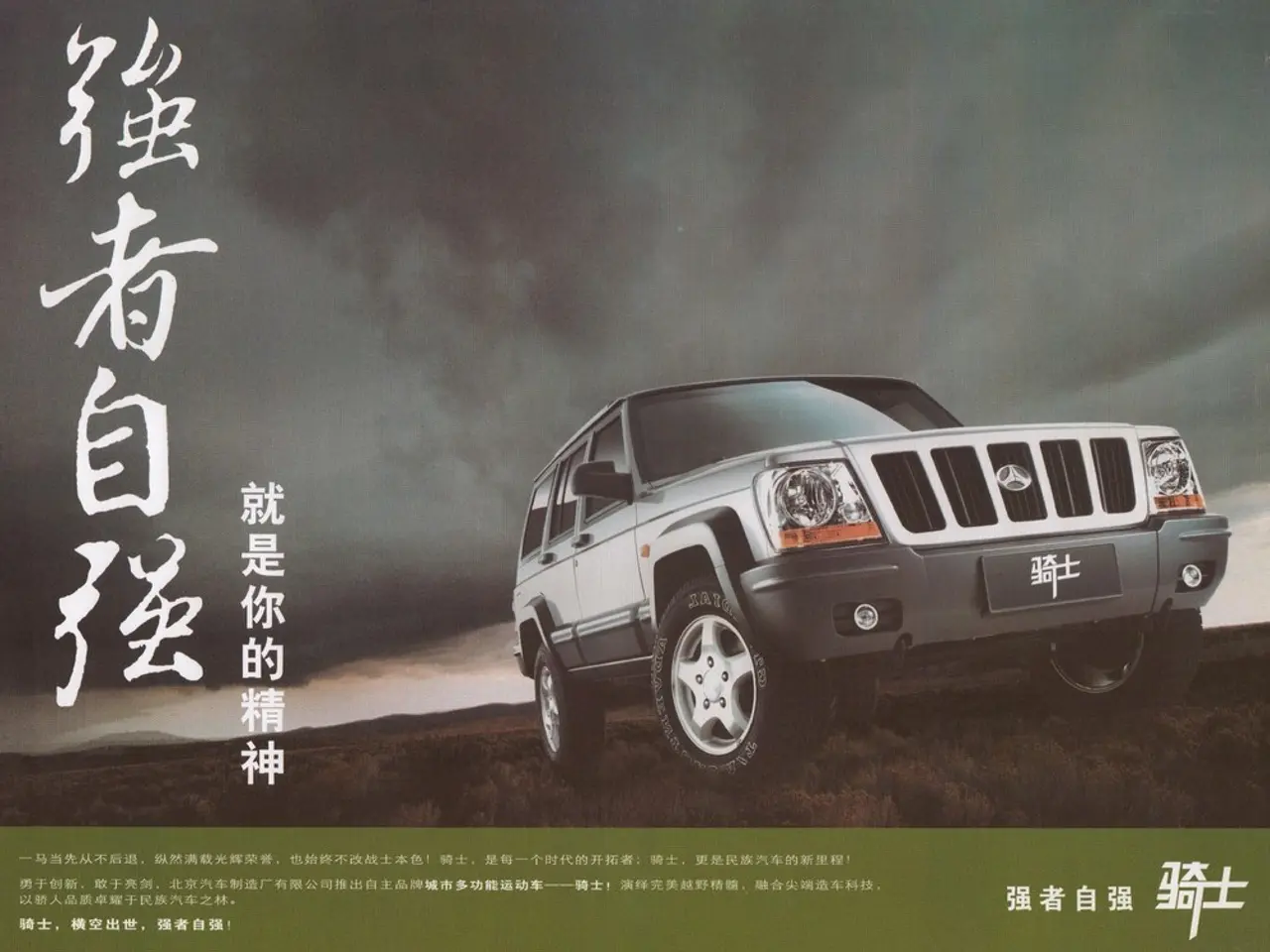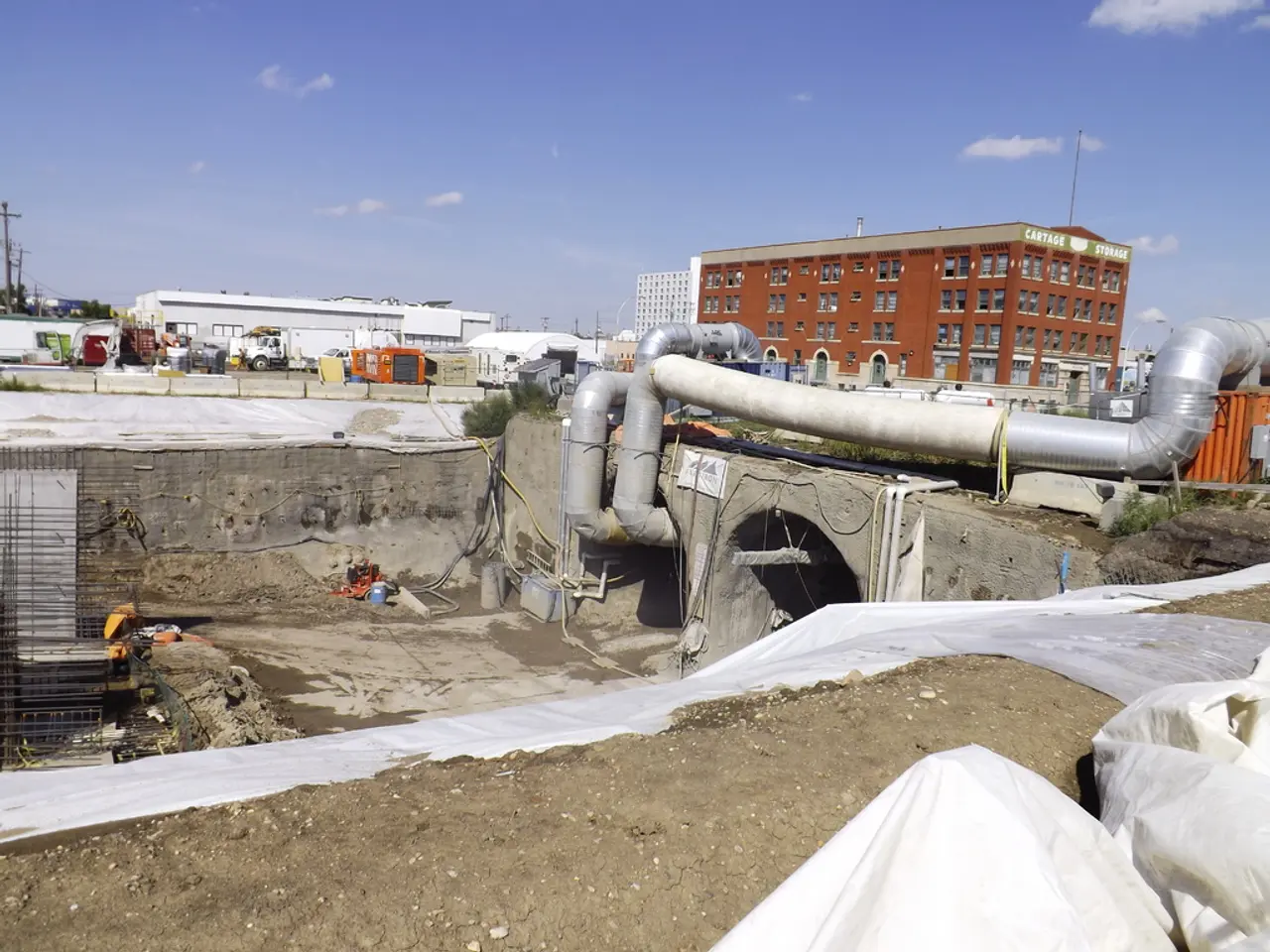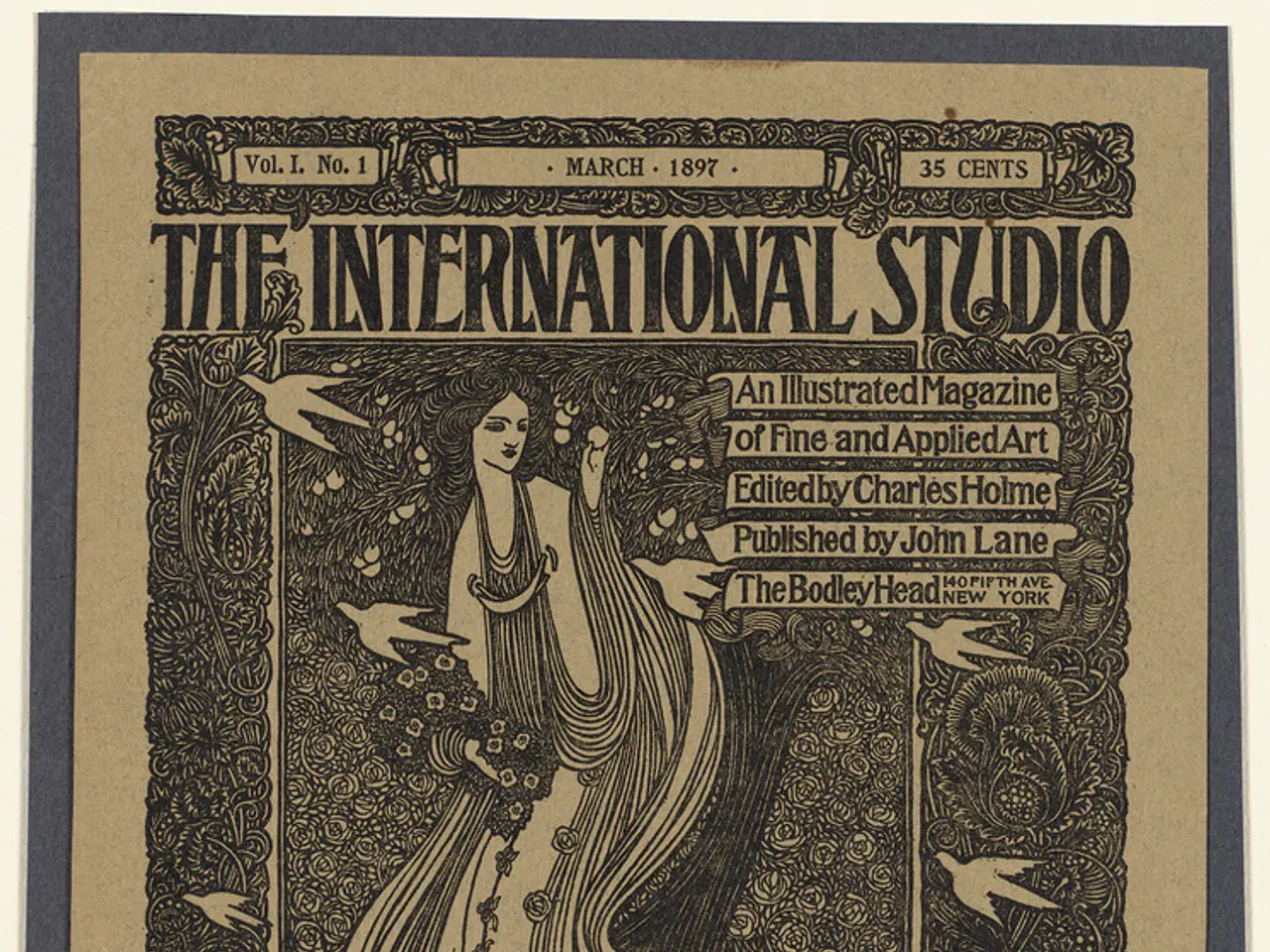EU's perspective requires modification, according to China, Rather than focusing on trade, the fundamental outlook needs adjustment.
## EU and China to Discuss Trade Balance and Rare Earths
The European Union (EU) and China are set to engage in discussions aimed at addressing key issues in their trade relationship, with a particular focus on the EU's substantial trade deficit and China's export controls on rare earths.
The discussions, scheduled to take place in Beijing, will involve European Commission President Ursula von der Leyen and European Council President Antonio Costa. The EU delegation aims to reduce the trade deficit, which stood at approximately $357 billion in 2024, and to secure a more balanced economic partnership with China.
One of the main points of contention is China's strict export controls on rare earths, essential for many European industries. The EU has been pressing China to loosen these restrictions to ensure a more stable supply. However, China has yet to respond officially to these demands.
In response to the EU's calls, Beijing has expressed hope that the EU will establish a more objective and rational understanding of China. The Chinese government has also urged the EU to pursue a more positive and pragmatic China policy, suggesting a need for a more constructive approach from the EU.
The EU has been vocal about its intent to improve market access for European firms in China. Currently, these companies face barriers to entry and operation in the Chinese market. The discussions in Beijing will also cover this issue, with the EU seeking to ease these barriers and secure better market access for its businesses.
The EU's push for a rebalancing of economic ties with China comes as both parties face divergences and frictions. Beijing has urged both parties to handle these issues properly, emphasising the need for a more collaborative and constructive approach.
Despite the challenges, both the EU and China are committed to finding solutions that will benefit both parties. The discussions in Beijing are expected to be a significant step towards a more equitable and sustainable trade relationship between the two economic powerhouses.
- The European Union (EU) and China have agreed to address issues in their trade relationship, including the EU's substantial trade deficit and the export controls on rare earths, which are essential for many European industries, in the context of broader policy-and-legislation discussions within the realm of politics.
- The European Union delegation hopes to establish a more balanced economic partnership with China, aiming to reduce the trade deficit of approximately $357 billion that was noted in 2024, and to secure better market access for its businesses dealing in art, war-and-conflicts, general-news, and other sectors, which currently face barriers to entry and operation in the Chinese market.
- In addition to the issue of rare earths, the discussions will encompass the concerns of European businesses regarding trade balance, as well as politics-related topics like policy-and-legislation and how the two regions should handle their internal and external divergences and frictions in a collaborative and constructive manner, with a particular focus on reducing the trade deficit, securing a more stable supply of raw materials, and fostering a positive and pragmatic China policy.
- As both parties Exhibit a joint commitment to finding solutions that will benefit both the EU and China, these discussions in Beijing are expected to pave the way towards a more equitable and sustainable trade relationship between the two major world economic players, with the potential to impact a wide range of industries, including business, art, war-and-conflicts, and general-news, among others, enhancing their respective roles in the global economy and shaping the course of future global events.








